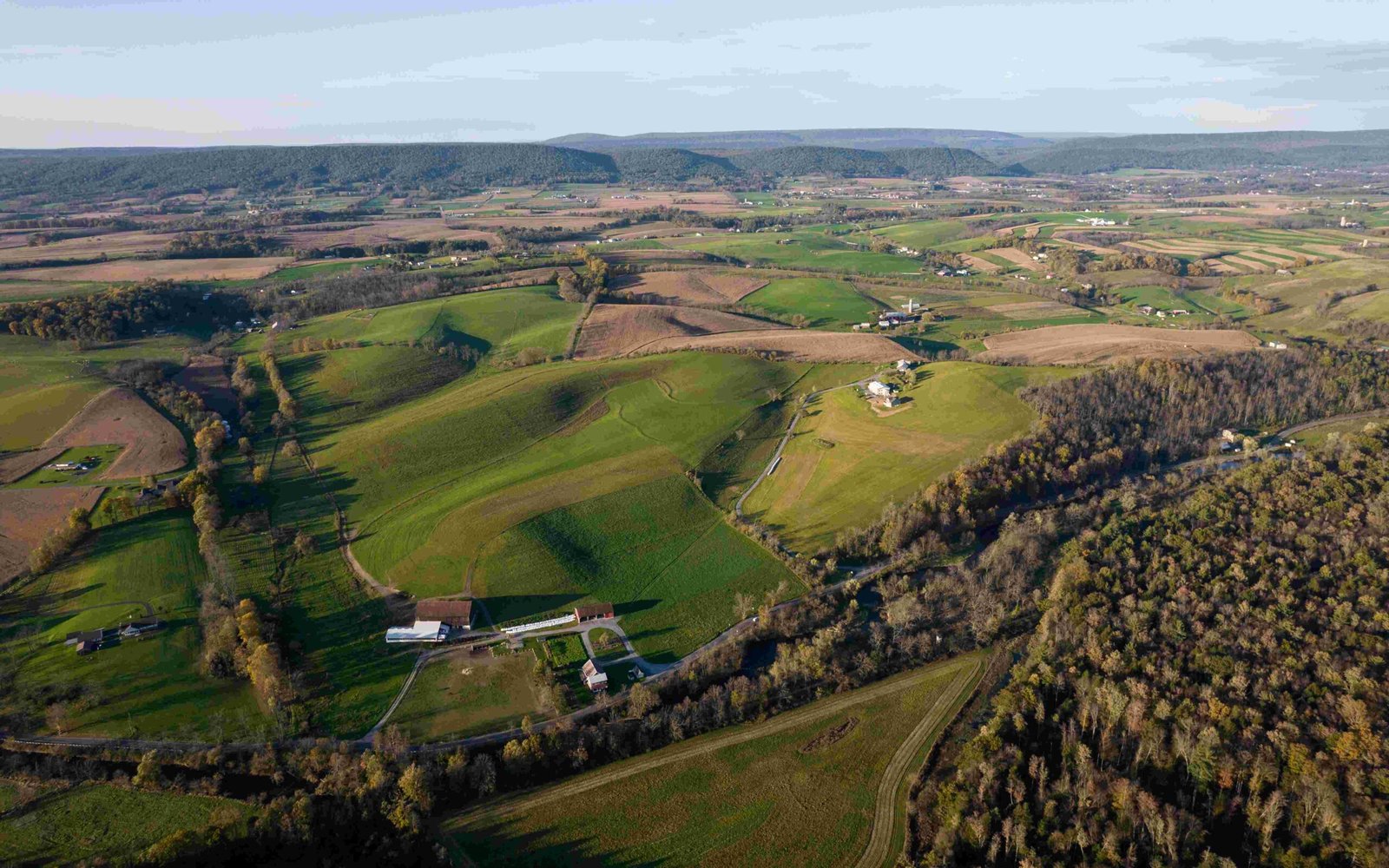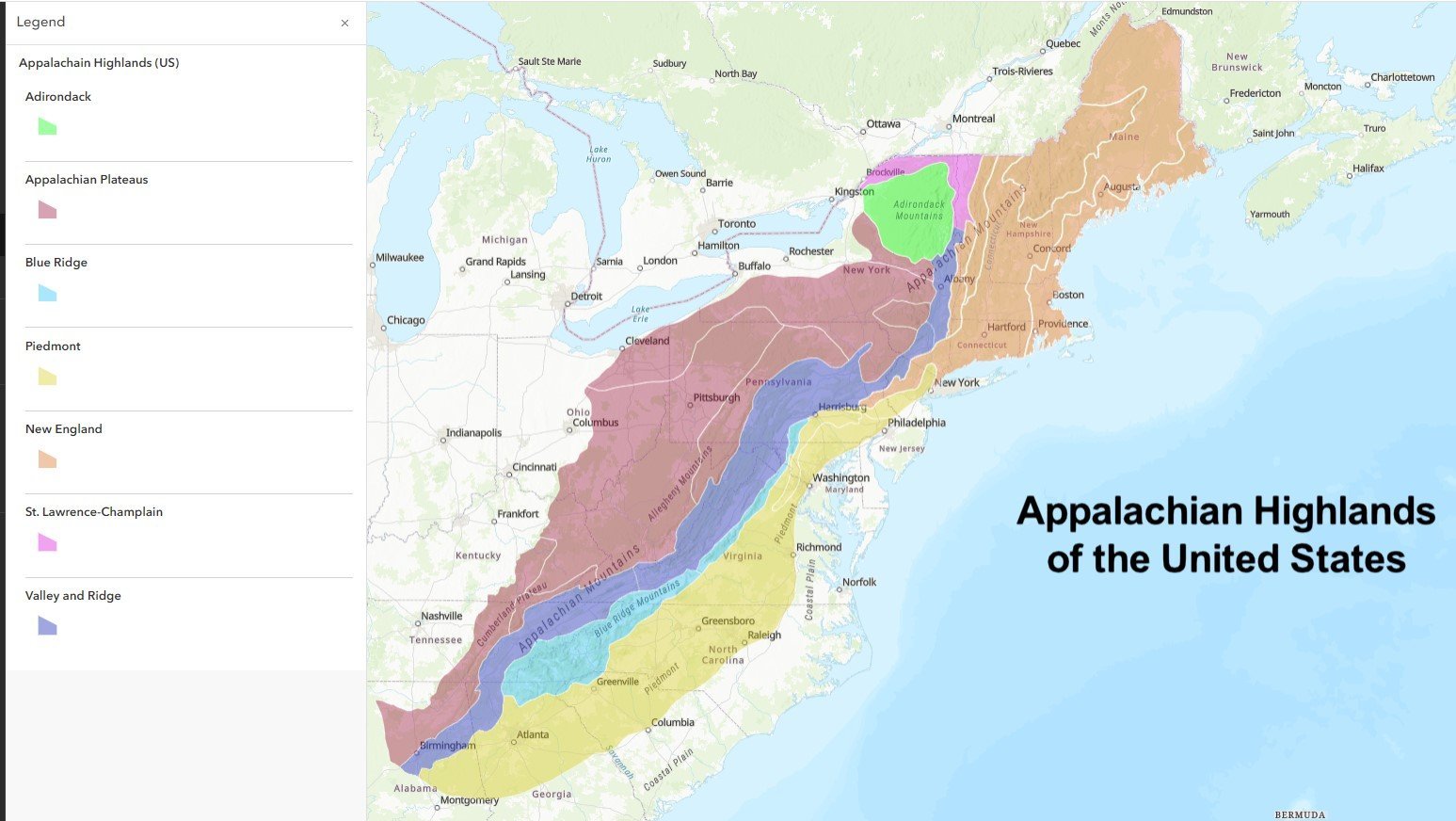The Appalachian backroads offer an extraordinary automotive adventure through rugged mountain landscapes, winding roads, and breathtaking vistas. These scenic routes traverse diverse terrain across multiple states, providing drivers with an immersive experience of natural beauty, challenging driving conditions, and unique cultural encounters. From high-elevation mountain passes to deep valley routes, these backroads promise an unparalleled journey for automotive enthusiasts seeking more than just transportation.
What Makes Appalachian Backroads Unique for Car Travelers?

Appalachian backroads represent more than just transportation corridors; they are gateways to extraordinary landscapes and hidden mountain cultures. These routes challenge drivers with:
- Dramatic Elevation Changes: Routes climbing from 1,000 to 4,223 feet
- Extreme Curvature: Some roads featuring over 400 curves in 30 miles
- Diverse Terrain: Transitioning between paved highways and unpaved mountain paths
Top Scenic Routes for Car Enthusiasts
| Route Name | Mileage | Key Characteristics | Difficulty Level |
|---|---|---|---|
| The Elevate’R | 100 miles | High mountain passes | Moderate |
| The Heart Breaker | 137 miles | Deep gorge views | Challenging |
| The Ridge Runner | 112 miles | Mountain crest driving | Advanced |
| The Taze’R | 124 miles | Extreme curve navigation | Expert |
Which Vehicles Perform Best on Appalachian Backroads?

Selecting the right vehicle is crucial for navigating these challenging routes. Ideal characteristics include:
- High Ground Clearance
- Responsive Handling
- **Robust Suspension
- All-Wheel Drive Capability
Recommended Vehicle Categories
- Sports Cars: Porsche 911, Chevrolet Corvette
- Crossover SUVs: Subaru Outback, Mazda CX-5
- Performance Sedans: BMW 3 Series, Audi A4
How to Prepare for Appalachian Backroad Adventures?
Preparation is key to a successful mountain driving experience:
Essential Preparation Checklist
- Perform comprehensive vehicle maintenance
- Check tire condition and pressure
- Pack emergency roadside kit
- Download offline maps
- Ensure full fuel tank
- Bring extra water and snacks
What Safety Considerations Matter Most?
Mountain driving demands heightened awareness:
- Weather Monitoring: Mountain conditions change rapidly
- Wildlife Awareness: Frequent animal crossings
- Communication Limitations: Expect reduced cell coverage
- Seasonal Restrictions: Some routes close during winter
Pro Tips for Optimal Driving Experience
- Start early in the day
- Drive defensively
- Take frequent photo stops
- Respect local traffic patterns
- Maintain moderate speed
Recommended Stops and Attractions
- Breaks Interstate Park
- Cedar Bluff Overlook
- Appalachian Arts Center
- Local Mountain Towns
Seasonal Driving Recommendations
| Season | Driving Conditions | Recommended Preparation |
|---|---|---|
| Spring | Mild, occasional rain | Light jacket, rain gear |
| Summer | Hot, humid | Cooling supplies, sunscreen |
| Fall | Perfect driving conditions | Camera, layered clothing |
| Winter | Potentially dangerous | Snow chains, winter kit |
Technical Driving Skills Required
Appalachian backroads demand advanced driving techniques:
– Smooth cornering
– Controlled descent on steep grades
– Understanding weight transfer
– Anticipating road surface changes
Cost and Budget Considerations
Average trip expenses:
– Fuel: $100-$250
– Accommodation: $80-$200 per night
– Food: $50-$100 daily
– Vehicle maintenance: Variable
Final Driving Insights
Appalachian backroads offer more than transportation—they provide an immersive journey through stunning landscapes, challenging terrain, and rich cultural experiences. Proper preparation, vehicle selection, and driving skills transform these routes from mere roads into unforgettable adventures.

